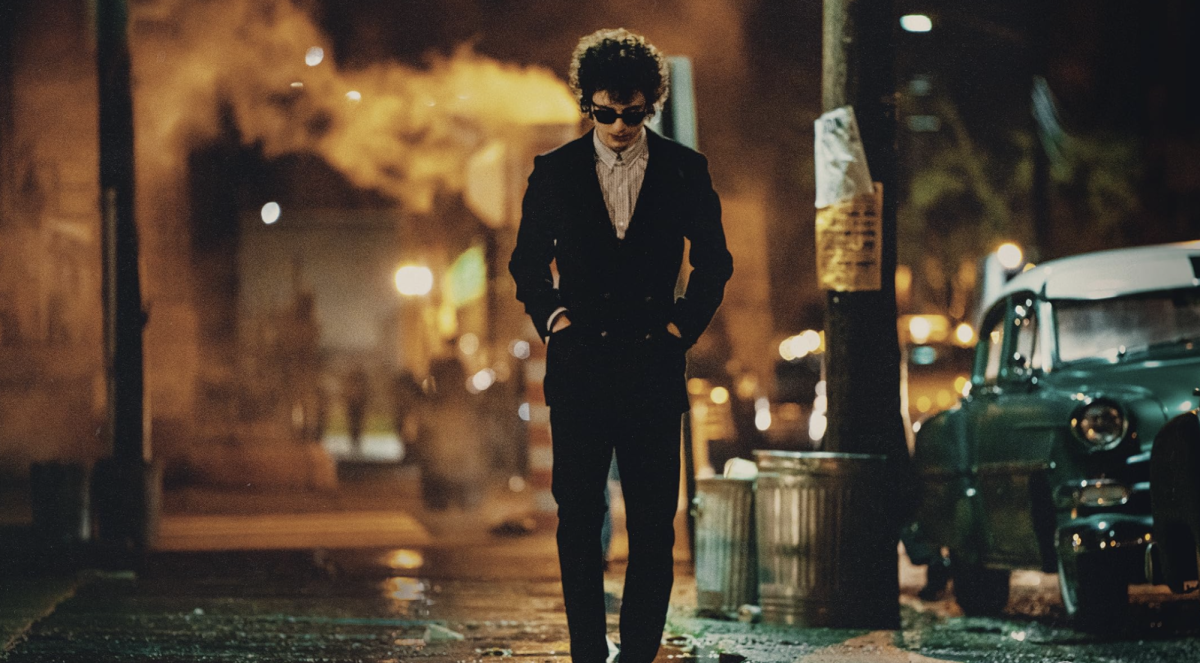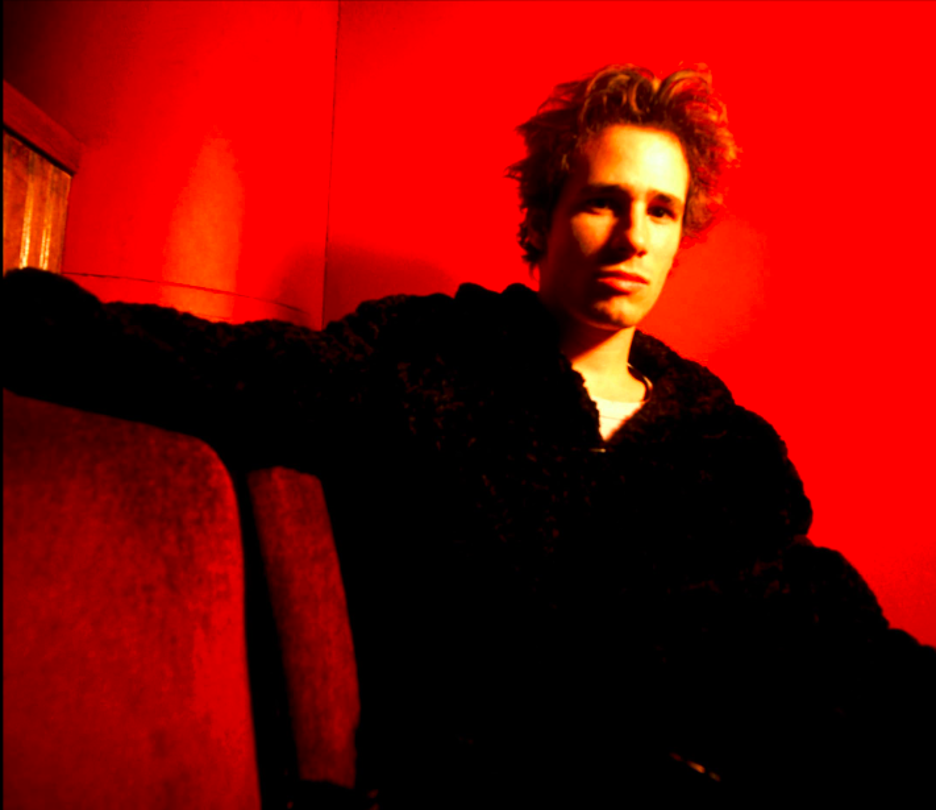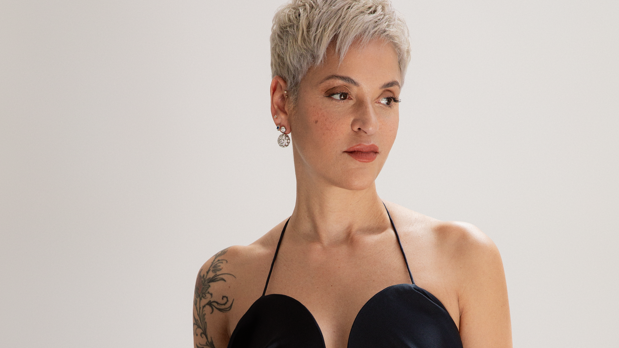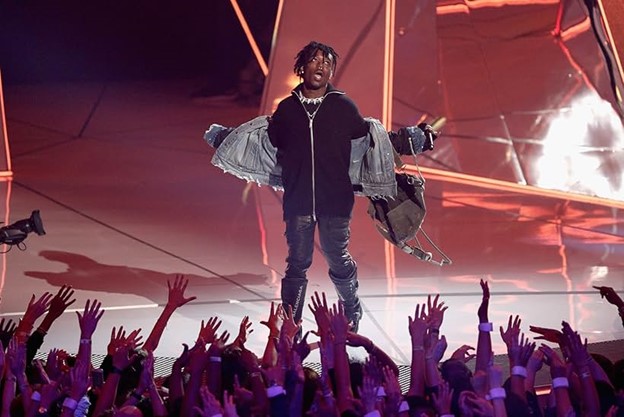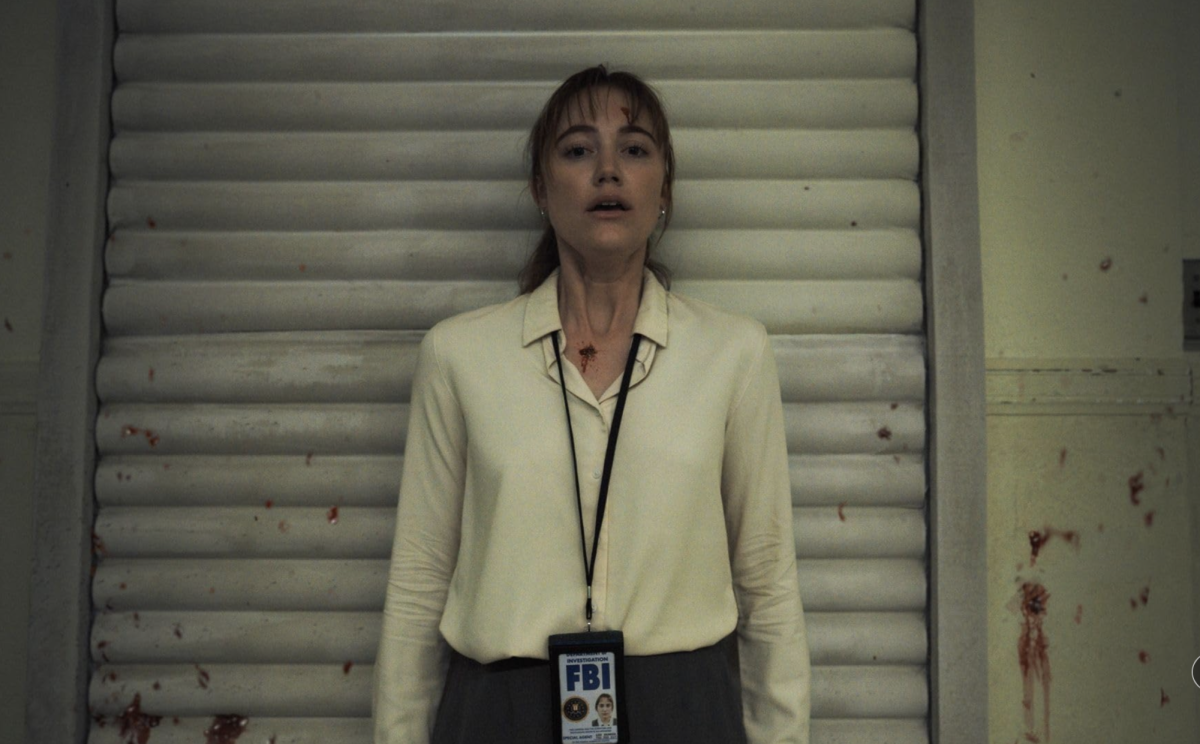
Eventually, we all have to grow up. There’s a grim air to that statement—it smacks of morbid cliché—but the inevitability of aging is a powerful motivator. The trouble comes when we get caught up in the frenzied, rolling present and forget to take a minute and appreciate the extra breaths we can spare. Searching for success in life can distract us from finding fulfillment in it.
I don’t know if writer/director Noah Baumbach is a cynic but, like me, he is a critic. With “While We’re Young,” Baumbach takes a scalpel to perceptions of both youth and truth. His case study follows two couples from different generations.
Josh (Ben Stiller) and Cornelia (Naomi Watts) are happily married in their forties, but that proverbial spark—as it is wont to do—has gone missing. They’ve decided against having children after unsuccessful attempts. Their relationship is straining under Josh’s stressed efforts to free his new documentary from post-production hell. In one scene, they wonder, “why do we stop doing things?”
As chance and social commentary would have it, Josh teaches a college film course that piques the interest of Jamie (Adam Driver) and Darby (Amanda Seyfried), a hipster couple in their twenties. The two of them are walking fireworks of free spirit that quickly charm the middle-aged Josh and Cornelia. Jamie is enamored with Josh’s work and has documentary filmmaking aspirations of his own. Darby makes and sells her own brand of gourmet ice cream.
Josh is won over with Jamie and Darby’s earnestness and spontaneity. So Gen X hops on the Gen Y train in the busy backdrop of New York City. It’s worth noting that both couples are evidently financially comfortable members of “New York’s creative class.” Baumbach’s critique focuses on differences of aesthetic and approach rather than socioeconomic divides.
The music and editing in “While We’re Young” work seamlessly together to convey the film’s intriguing ideology. In one of the film’s most remarkable sequences, Baumbach and editor Jennifer Lame cut between the forty and twenty-somethings to show their respective habits. A noticeably hard distinction begins to form. The older two fill their lives and living spaces with digital technology, the younger two fill theirs with analog.
Josh and Cornelia have modern, polished furniture and décor. Jamie and Darby have a grid of typewriters mounted on one wall, tapestries adorning others. Josh and Cornelia watch movies in bed on an Apple TV. Jamie and Darby watch worn VHS tapes on a tiny cube-shaped television set. These contrasted lifestyles have corresponding musical cues. Middle age is associated with Antonio Vivaldi’s baroque-period strings. Youth is matched with James Murphy’s analog synth melodies. The keyboards feel freer than the violins, and oxymoronically, more organic.
This dichotomy grows murkier as the film progresses, and the cool kid affectations start to rub off on the more seasoned folks. Darby brings Cornelia to her hip-hop dance class. Jamie introduces tweed, a fedora and chic glasses to Josh’s wardrobe. This glossy stylistic coat of paint can only go so far, though. Conflicts emerge as the couples spend more time together, consequently exposing Baumbach’s headier philosophies. The director reveals his central investigation is into authenticity.
Late in the film, Josh and Jamie clash over their differing approaches to documentaries while attending a Lincoln Center tribute to Josh’s successful filmmaker father-in-law (Charles Grodin). Josh believes in a fervent adherence to truth and reality. Jamie is comfortable with fabricating some of his “truth” in order to boost entertainment value. Grodin’s character delivers a speech about truth in filmmaking that Baumbach intercuts with their confrontation.
Synthesizers reemerge beneath their dialogue and rumble in deep, melancholically pensive tones. The inorganic music empathizes here with Josh’s enlightened commitment to integrity while Jamie dismisses his criticism. Complicating this motivic relationship shines more light on Baumbach’s thesis. The film suggests that Jamie’s loose and eccentric way of life is built on something false. His youthful hodgepodge of uniquely cultured experiences is only a façade.
“While We’re Young” presents several definitions of authenticity set at odds. The film fiercely condemns the mediation of life experiences through technology and equally damns false genuineness. Baumbach posits that growing up, accepting one’s place in the world and living a surprising and satisfying existence are not mutually exclusive. The director instead emphasizes that our lives—regardless of what we choose to fill them with—must be lived honestly.
Nathan Frontiero can be reached at [email protected].



